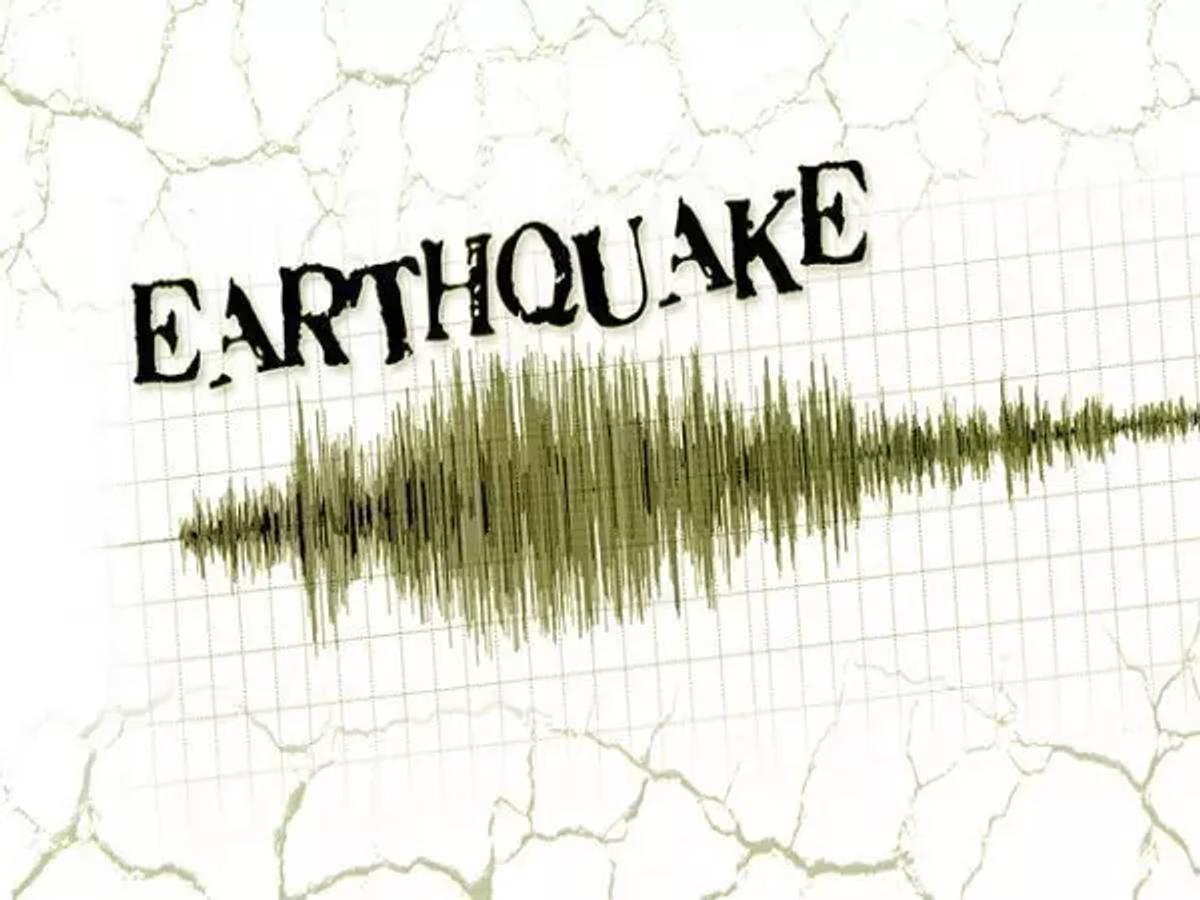New Delhi (The Hawk): Future historians will record that during the last 9 years as Prime Minister, while Shri Narendra Modi sought to institutionalise the government recruitment process by introducing the practice of holding regular Rozgar Melas and bringing in reforms like abolition of interviews to ensure transparency in recruitments, on the other hand he simultaneously awakened the nation to alternative means of employment outside government through his boost to the StartUp movement resulting in 300 times rise in the number of StartUps to nearly 1 lakh in this country, more than 100 Unicorns and India ranking 3rd in world's StartUp ecosystem.
At the sametime, PM Modi never misses a chance to remind the youngsters taking up a new vocation, inside or outside the government, about the critical role destined to be played by them in the Amritkal over the next 25 years in the run-up to India@100 in 2047.
Rozgar Mela is a step towards fulfillment of the commitment of Prime Minister Modi for employment generation in the country. The Rozgar Mela is expected to act as a catalyst in further employment generation and provide meaningful opportunities to the youth for their empowerment and participation in National Development directly.
Since its inauguration on 22nd October 2022, the Rozgar Mela has been organized in six tranches across the nation, resulting in the distribution of over 4.25 lakh appointment letters to deserving candidates. The sixth tranche was organized on 13th June 2023 in 43 different locations nationwide.
The recruitment process for these positions is carried out through transparent and time-bound procedures conducted by esteemed recruitment agencies such as the Staff Selection Commission (SSC), Union Public Service Commission (UPSC), Railway Recruitment Boards (RRBs), and others.
The newly appointed candidates, representing the diverse talent pool from across the country, will join various government departments and positions, including Financial Services, Posts, School Education, Higher Education, Revenue, Atomic Energy, Ministry of Defence, Ministry of Health and Family Welfare, and Ministry of Railways. To further enhance the skills of the government employees and to provide an ecosystem of training architecture where a public servant can upskill himself as per the requirements of his role, the Prime Minister had rolled out Mission Karmayogi initiative. This online platform offers numerous e-learning courses accessible on various devices, enabling flexible learning for the candidates. Already, more than 5 lakh karmayogis from different government departments have enrolled on the capacity building portal. Keeping in mind the needs and requirements of new recruits, Hon'ble Prime Minister has recently launched Karmayogi Prarmbh, an online module on igotkarmayogi portal where more than 400 e-learning courses have been made available for 'any where any device' learning format. The courses cover essential topics such as understanding motivation, prevention of sexual harassment, code of conduct for government employees, self-leadership, effective communication, stress management, as well as beginner courses on Microsoft Excel and Word. By empowering the workforce with these vital skills, the Government aims to enhance individual and organizational effectiveness, fostering a culture of excellence and innovation.
In addition to the successful Rozgar Mela and the Karmayogi Prarambh initiative, DoPT has undertaken several reforms to streamline and ensure transparency. Notable reforms include the discontinuation of interviews for Group C and Group D level posts, switchover to computer-based exams for improved efficiency and the introduction of self-attestation.
The Modi Govt's commitment to the welfare of weaker sections is evident through initiatives like providing ex-servicemen with multiple opportunities to avail themselves of the benefits of reservation and ensuring the implementation of reservation provisions for Persons with Benchmark Disabilities.
While the government continues its endeavors to provide employment opportunities in the public sector through the Rozgar Mela, it is also actively engaged in stimulating employment generation in the private sector. Initiatives such as the PM Gatishakti National Master Plan, expansion of national highways and airports, development of metro rail networks and waterways, promotion of startups, rural road connectivity, renewable energy capacity, and promotion of domestic manufacturing under the Make in India and Atmanirbhar Bharat campaigns, are significantly contributing to the creation of employment opportunities. PM Gatishakti National Master Plan has been formulated to expedite infrastructure projects, while the expansion of the national highway network and industrial corridors are expected to create numerous job prospects. The number of airports and metro rail networks has significantly increased, and waterways development, start-up growth, rural road connectivity, renewable energy capacity and digitization efforts have further bolstered employment opportunities. PM Modi's commitment to harness the dividend of youth asset in contemporary India continues to reflect in each successive initiative undertaken by him.





















